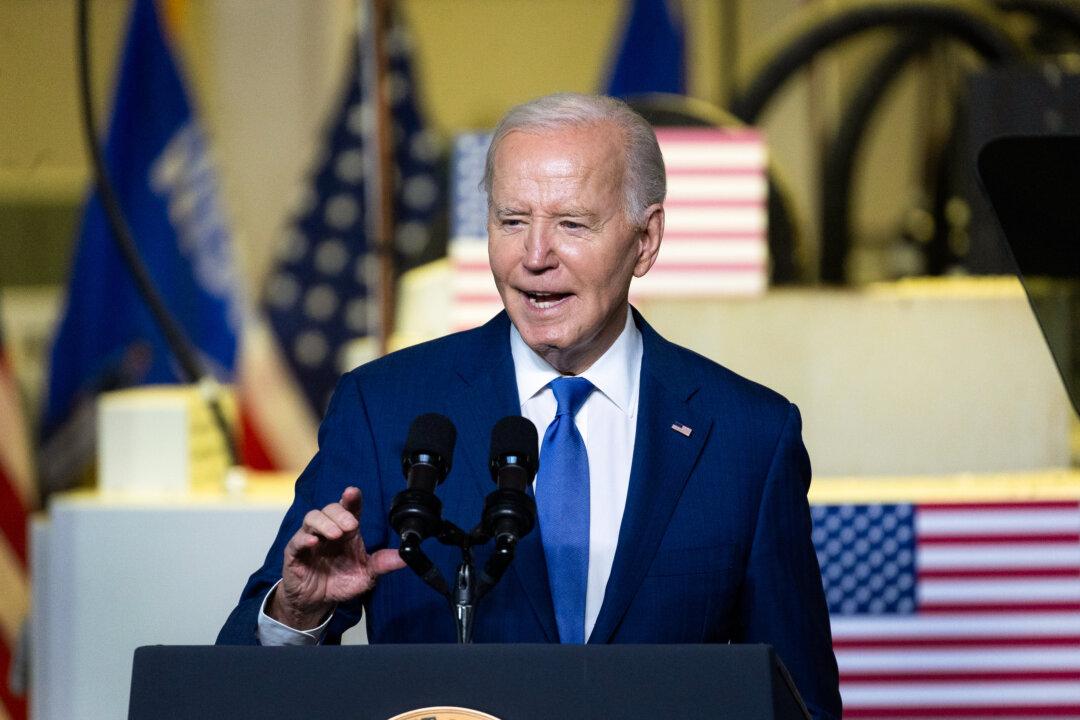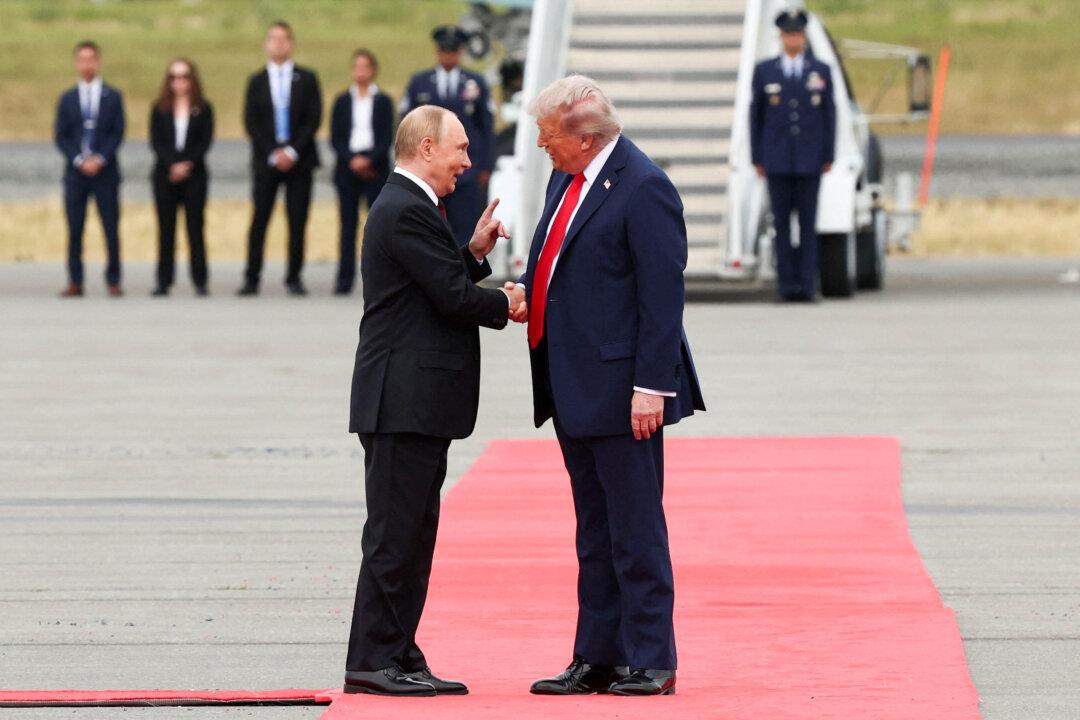Biden is growing increasingly frustrated with the Israeli government’s failure to address U.S. concerns regarding a major operation in Rafah. This has become even clearer with his recent threat to stop sending weapons to the Jewish state.
For the first time, Biden said that the United States would not “supply the weapons and artillery shells” if Israeli Prime Minister Benjamin Netanyahu goes ahead with his plan to invade Rafah.





